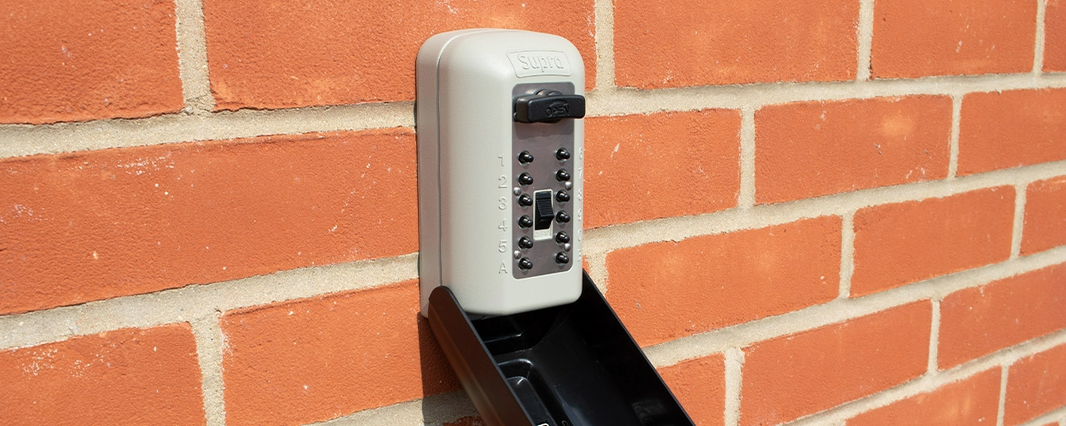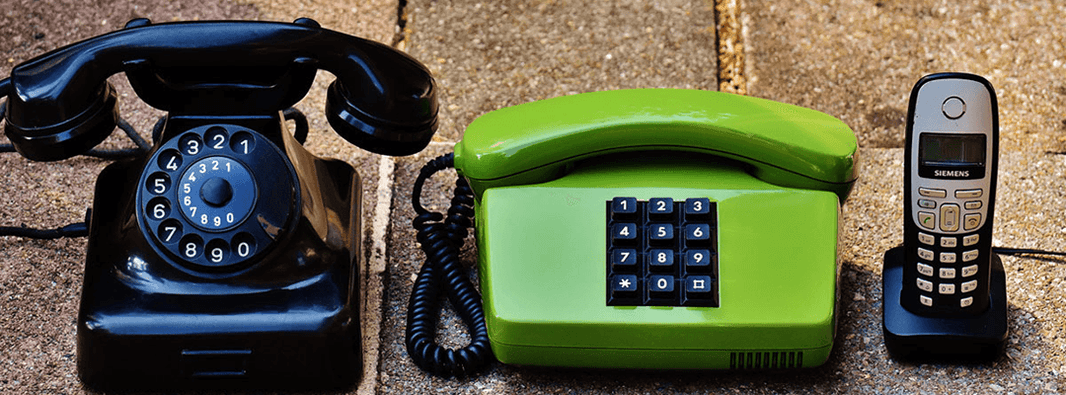The importance of a healthy, well-balanced diet cannot be underestimated. As we age our bodies begin to change. As such, we should also adjust how we feed our bodies. This is particularly true for those elderly people who face conditions such as heart disease, osteoporosis and cardiovascular disease. Today, we’re taking a look at nutrition for older people
How Our Bodies Change:
As we get older, many of us become less active. This means that we need fewer calories each day to fuel our bodies, since activity is reduced. However, most of the healthy eating principles we all know do not change as we age. We all need five portions of fruit and vegetables each day as well as a variety of proteins, carbohydrates and other nutrients.
If you notice a deterioration in the dietary habits of your elderly friends or relatives, it is good to intervene. It may be worth attempting to educate them on the nutrients they need and those they should avoid. If you can, it can be a great help to bring them to the supermarket and help them with their shopping. You could also cook some meals for them if they find this difficult or, better yet, invite them round for dinner with the family.
Causes of Poor Nutrition for Older People:
For a variety of reasons, older people are generally less likely to eat healthy than younger adults. They may find it difficult to prepare meals independently or to go to the shops to buy ingredients. They may also encounter a loss of appetite or a decline in their senses of taste and smell. Dental issues can play a part too; missing teeth, jaw pain, and receding gums can make chewing uncomfortable.
Many factors can contribute to a decline in one’s eating habits such as:
- Side effects from medication, such as nausea or loss of appetite.
- Poor dental health.
- Financial ability to afford a healthy diet.
- Difficulty travelling to the supermarket due to transport issues, problems with mobility, or dangerous road conditions.
- Physical ability to prepare a healthy meal.
- Forgetting to eat or forgetting when they last ate.
- Loss of appetite due to depression.
Healthy Nutrition for Older People
As has been stated, our nutritional needs can change with age. For the elderly, there are certain foods to avoid and certain foods that are essential.
Essential Nutrients:
Fibre – Prevents constipation, reducing the risk of some intestinal disorders. Fibre can also help with combatting heart disease, obesity and some cancers.
Calcium & Vitamin D – Help to maintain strong and healthy bones.
Iron – Helps with the flow of oxygen in the blood throughout the entire body.
Vitamin B12 – Promotes healthy brain and nervous system.
Unsaturated Fats – Help to reduce cholesterol levels.
What to Avoid:
We understand it can be difficult to cut foods out of your diet entirely. With eating disorders on the rise, it’s important to note that becoming overly fixated on a healthy diet can be just as dangerous as consuming an unhealthy diet. With this in mind, the following foods should only be consumed in moderation.
Trans Fat – Will increase an elderly person’s cholesterol levels, which can contribute to heart attacks and strokes.
Salt – Can lead to high blood pressure, which increases the risk of stroke and heart disease.
Empty calorie foods – Such as confectionery and crisps are rich in fat, sugar and salt, all of which negatively impact health.
Processed meats and red meat – Can potentially increase the risk of heart disease, cancer or other health problems.
Tips on Encouraging Healthy Nutrition for Older People:
- Encourage them to eat nutritionally rich foods such as wholegrains, fresh fruit and vegetables as well as protein-rich meat.
- Season food with herbs, marinades, dressings and sauces instead of adding salt.
- Turn mealtimes into social gatherings by inviting your older relatives for dinner or arranging a family visit to their house.
- If an older person does not have an appetite to sustain 3 meals a day, encourage them to eat smaller meals and healthy snacks throughout the day.
- Make sure their dental health isn’t deterring them from eating and help them seek dental care if it is.
- Investigate home food delivery services and help them sign up for one.
- Try to encourage them to schedule mealtimes for the same time every day to make them less likely to forget to eat.
- Help them maintain a spare stock of food if possible. It may be difficult for them to go shopping for themselves.
Personal Alarm Service
Here at Careline365, we’re proud to help elderly people stay independent in their homes with our life-saving personal alarm service. If you think you or someone you know could benefit from a Careline alarm, you can call us anytime on 0808 304 4510 to find out more or read our detailed personal alarm guide for more information. Alternatively, you can Contact Us online and we’ll get in touch with you as soon as we can.
You can order your alarm online today or order over the phone on 0808 304 4510.
Editor’s Note: This article was updated on 15th July 2022 to reflect current information.









